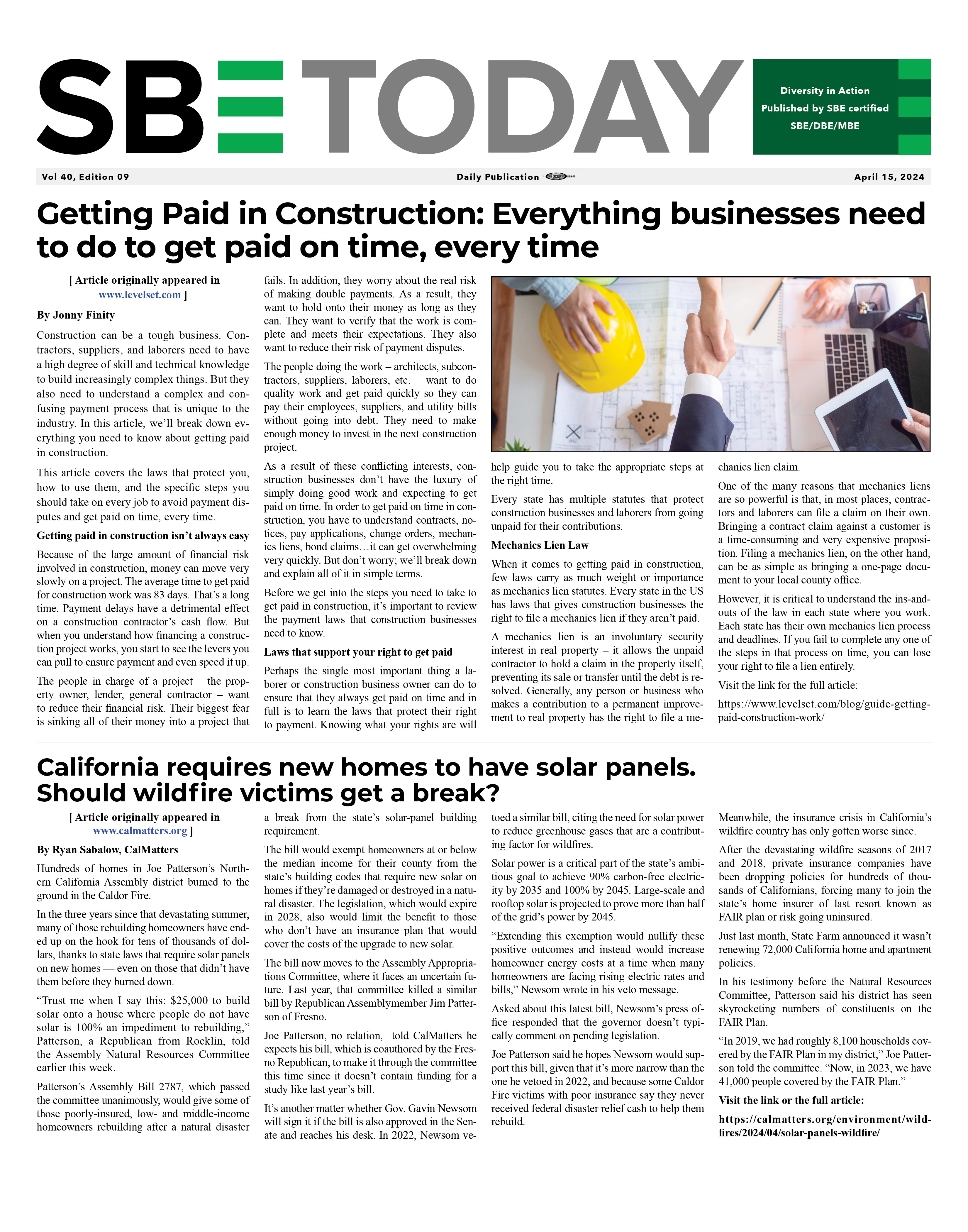|
|
Bad News is Really Good News
08/26/2019
By Odette Pollar, Language has changed. We now have "challenges"; we no longer have problems. A caller angry and distressed about the product she received is now "concerned about timely performance." As information moves up in a hierarchy or even across horizontal lines each person who touches the issue, rounds the edges and smoothes out the information. Quite soon the original accurate statement of the problem or experience has disappeared. Upper management rarely hears the severity of a circumstance. As a consequence, decisions are made on, in the worst scenario, faulty, inaccurate information. Granted that bad news is not pleasant. Nobody actively looks forward to learning more about uncomfortable situations. However, doing so is key. Ignoring it, putting it out of mind or procrastinating about facing it is a recipe for eventually disaster. The job of a manager is to confront bad news and do something about it. And a lot can go wrong in an organization. Items are late, promises are not fulfilled, customers go to a competitor, products fail. In this high paced competitive environment, you must respond quickly to information and bad news is very important information. Managers who do not want to hear bad news or feel that staff members who offer it are being "negative" does the organization a disservice. It is still common for people to shoot the messenger or dismiss the information as an isolated experience. This shying away from bad news is like putting blinders on a horse. It shuts downs new input and possibly new opportunities. Another circumstance where bad news is often ignored comes after resources have been committed to a strategy. Once a team is moving in a particular direction say, to develop a new product, that process takes on a life of its own. However, the longer it takes to develop the new product, the more information becomes available. There will be more competitors, with similar products, the consumer's buying history gets established and trend information develops. What happens when midway through the process, the data begins to show that this once good idea is really a bad decision? Who is comfortable with first raising that flag? And are they listened to? If a trend did not develop as planned, the product being created may no longer be viable. Better to retool in a new direction than continue in a bad one. Within your organization what is the mechanism for getting important information to key decision makers? How this type of news is handled says much about a company. Even if you are not the senior manager trying to determine to release a new car called the Edsel you do have influence over your immediate area. Think hard about bad news and how important it is for you to hear it sooner rather than later. Encourage people to investigate bad news. Consider also how you can foster and convince others that delivering bad news to you is actually a good thing. How about rewarding people for it? This is not an attempt to dwell on the dark side. We gain important lessons and insight from positive as well as negative experiences. You may be bucking the culture of the organization but you will be helping it significantly. Pulling a situation or a product from the jaws of defeat is good news. No need to sugarcoat that.
Back To News |
|




